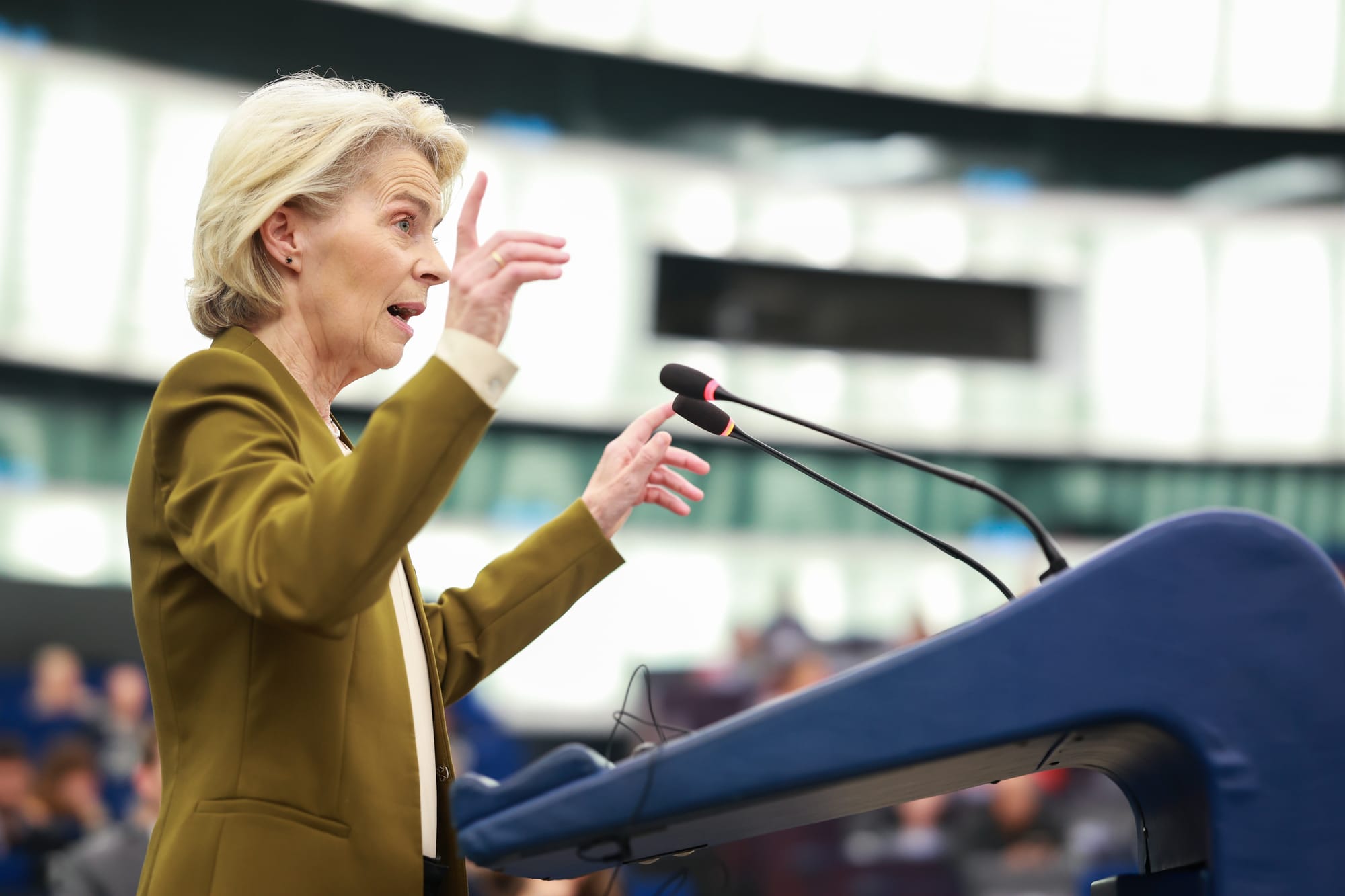A ‘Global Health Resilience Initiative’, but where’s the beef?

Yesterday (10 Sept.), the Commission President, Ursula von der Leyen, announced in her State of the Union address that the EU would present a new “Global Health Resilience Initiative”, but there was little detail about what she had in mind.
The new initiative came as a surprise, not least because there is an existing EU Global Health Strategy, which was launched in late 2022 and which has no fewer than three key priorities and 20 principles. The renewed enthusiasm for health comes after the EU casually cut € 1 billion off the EU4Health programme last year.
Vital Signs was told that more detail would be revealed in due course, but that the new initiative would build on and enhance the “solid health framework” already put in place by the European Health Union.
The sudden resurgence of interest may have more to do with what’s happening across the Atlantic, where the new Trump administration has acted on its threat to leave the WHO, axed USAID, which was, among other things, the primary implementing agency for the PEPFAR programme vital for AIDS relief and terminated thousands of research grants.
The appointment of Robert Kennedy as Health Secretary has led to the summary dismissal of the head of the US CDC for her refusal to rubber-stamp decisions of the advisory committee on immunization; a body which is now packed with people who share the Secretary's scepticism towards vaccines. His decision to cut $500 million from mRNA vaccine development was yet another red flag.
“We are on the brink – or even at the start – of another global health crisis,” said von der Leyen, who reminded MEPs that she was formerly a doctor, “I am appalled by the disinformation that threatens global progress on everything from measles to polio.”
Europe made a great fanfare of supporting an “international Treaty on Pandemics” at the end of 2020, a proposal that garnered much support in the midst of Covid, but where enthusiasm waned after a long, drawn-out, and acrimonious negotiation. Europe was often accused of blocking more equitable solutions by developing countries, but an agreement was eventually pushed over the line in May. Von der Leyen did not mention this in her speech, perhaps better not to, but as the US retreats, Europe may have to take up the gauntlet.
What will be the substance of the new proposal? Well, we'll find out, "in due course".
